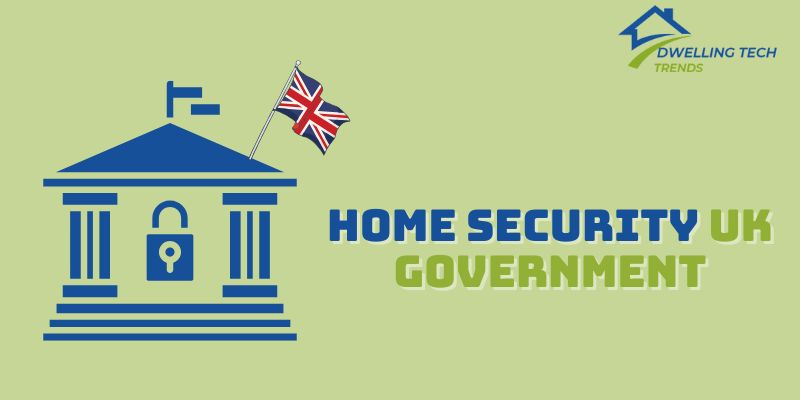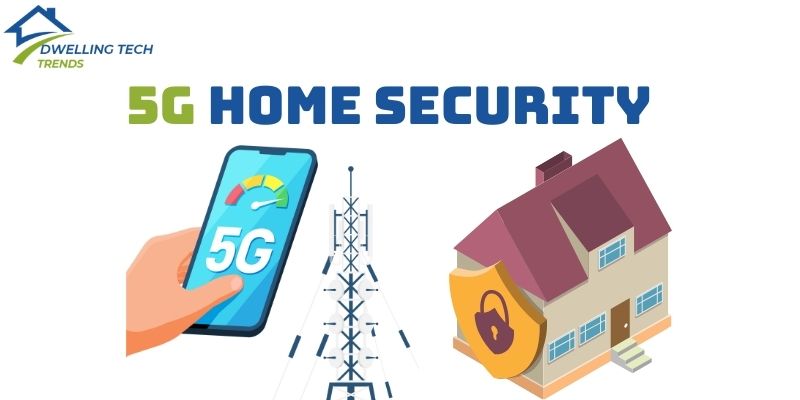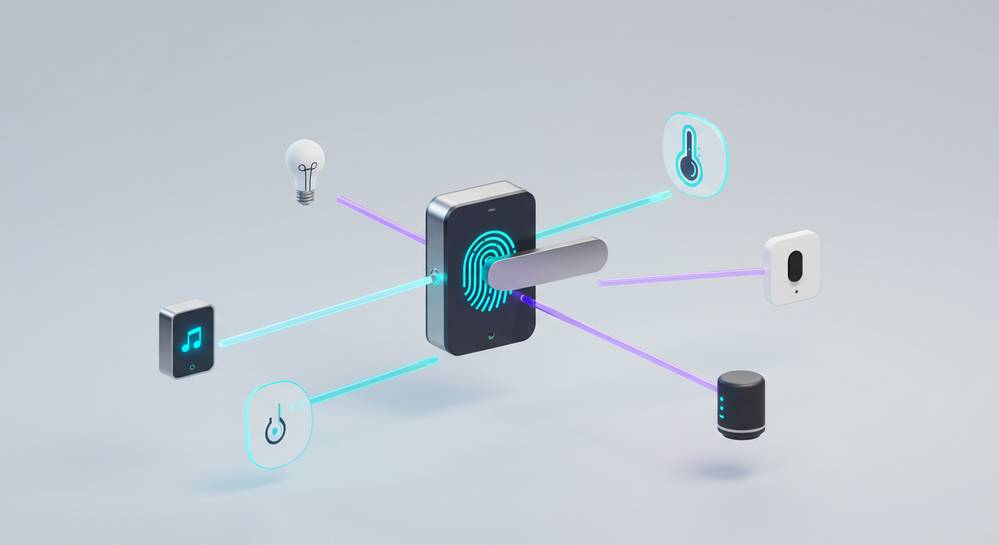Contents
Understanding Home Security Light Malfunctions
A well-lit home is a well-protected home. But what happens when your home zone security light isn’t working properly? This can leave your property vulnerable and potentially unsafe. The reasons for a malfunctioning security light can range from simple fixes to more complex electrical issues. Here’s a comprehensive guide to help you identify the problem and get your security light back in working order.
Why won’t my home zone security light turn on?
There are many reasons why your home security light might be malfunctioning. It could be as simple as a burnt-out bulb or a faulty sensor. On the other hand, it could be a more serious problem like a wiring issue or a damaged fixture. It’s important to understand the common culprits responsible for these issues to effectively troubleshoot your security light.
The importance of a functioning security light
A functioning security light is an essential part of any comprehensive home security system. It serves as a powerful deterrent to potential intruders by illuminating the perimeter of your property, making it more difficult for criminals to approach undetected. This added layer of visibility can also help to improve the overall safety and security of your home, giving you greater peace of mind.
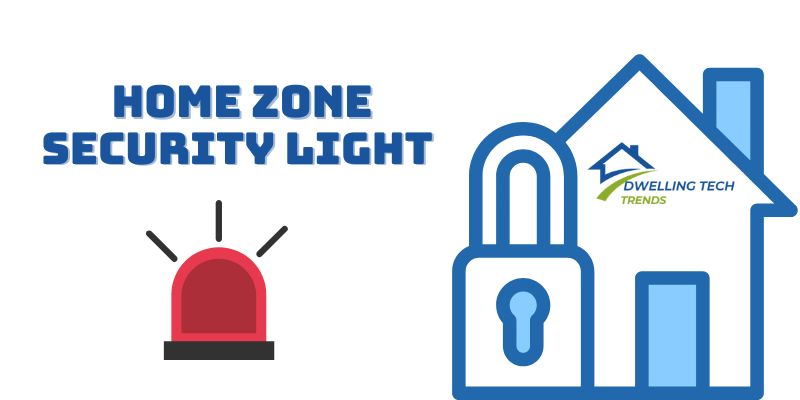
Troubleshooting Your Home Zone Security Light: A Step-by-Step Guide
Before you call an electrician, it’s worth troubleshooting your security light yourself. This can save you time and potentially money. Here’s a step-by-step guide that will take you through the common culprits and help you identify the root cause of your problem.
Common culprits: bulbs, sensors, and wiring
The first step is to examine the light fixture itself. Check the bulb to see if it’s burnt out. If it is, simply replace it with a new one. Next, check to see if the sensor is working properly. To test the sensor, you should be able to trigger the light by passing through its field of view. If the sensor isn’t working, you might need to replace it. If the bulb and sensor both seem to be functioning properly, then the problem is likely with the wiring.
Testing and resetting your motion sensor
Motion sensors are an integral part of many security lights. These sensors work by detecting movement within their field of vision and trigger the light to turn on. If your security light is not turning on, the first step is to check if the motion sensor is working properly. To do this, simply move within the sensor’s field of vision and see if the light turns on. If the light does not turn on, the sensor may be faulty or needs to be reset.
When to call a professional electrician
If you’ve gone through the steps above and your security light isn’t working, it’s time to call a professional electrician. A qualified electrician will be able to diagnose the problem and repair it quickly and safely. They will most likely have the necessary tools and equipment to properly assess and repair the wiring.
Optimizing Your Security Light’s Performance
Once you’ve identified and solved the problem with your security light, it’s important to take steps to optimize its performance. By choosing the right bulb and considering environmental factors, you can ensure your security light is functioning at its best.
Choosing the right bulb for your security light
The type of bulb you choose for your security light can significantly impact its effectiveness. LED bulbs offer a number of advantages over traditional incandescent bulbs, including longer lifespan, lower energy consumption, and brighter light output. If you are looking to maximize the security of your home, choose an LED bulb that provides a bright, white light. This will help to illuminate your property more effectively and make it more difficult for intruders to hide in the shadows.
Environmental factors affecting your light
It’s important to consider environmental factors that could affect your security light’s performance. For example, if your security light is exposed to harsh weather conditions, it may be necessary to upgrade to a weatherproof fixture. Similarly, if you live in an area with lots of insects, you may want to choose a bulb that is less attractive to bugs.
Maximizing your security light’s effectiveness
There are a number of ways to maximize your security light’s effectiveness. Consider positioning your light so that it illuminates the perimeter of your property as effectively as possible. You can also experiment with different angles to create a wider beam of light. For added security, you can install multiple security lights around your property. By taking these steps, you can significantly improve the effectiveness of your security lights and increase the safety of your home.
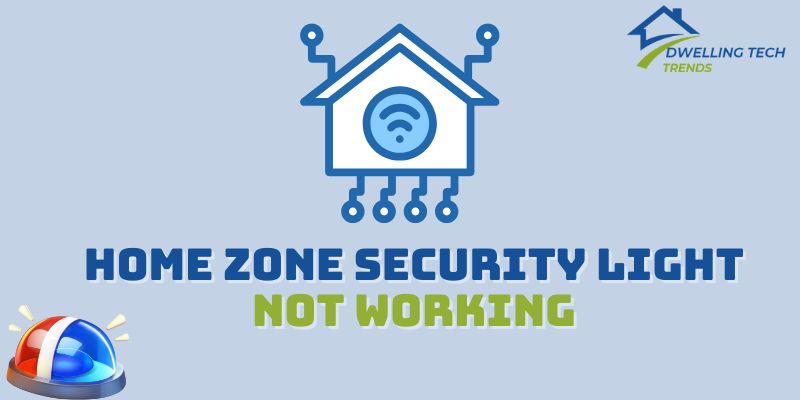
Keeping Your Home Safe and Secure
A functioning security light is just one piece of the puzzle when it comes to home security. It’s essential to adopt a holistic approach that includes other security measures to protect your property and loved ones. By implementing these measures, you can create a more secure environment for your family.
Recap of troubleshooting tips
- Check the bulb: Make sure the bulb is not burnt out and replace it if necessary.
- Test the sensor: Ensure the motion sensor is working properly by triggering it with movement.
- Inspect the wiring: If the bulb and sensor are functioning, check for any loose or damaged wiring.
- Call a professional: If you can’t find the problem, contact a qualified electrician.
Additional security measures for your home
- Install security cameras: Security cameras can provide valuable footage that can be used to deter criminal activity and identify perpetrators if a crime occurs.
- Consider a home security system: A professionally installed home security system can provide around-the-clock monitoring and can alert authorities in the event of a break-in.
- Invest in motion-activated sprinklers: Motion-activated sprinklers can be effective in deterring intruders by surprising them with a sudden spray of water.
- Trim trees and shrubs: Make sure any trees or shrubs around your property are trimmed so that they don’t provide hiding places for potential intruders.
Resources for further assistance
If you are looking for more information about home zone security lights or other home security measures, here are some resources:
- Security Light Manufacturers: Contact the manufacturer of your security light if you have any specific questions about your model.
- Home Security Companies: Local home security companies can provide professional advice and installation services for alarm systems and other security measures.
- DIY Home Security Forums: Online forums dedicated to home security offer a platform for sharing advice and troubleshooting tips from other homeowners.
Remember, a secure home is a well-protected home. By understanding the common issues with home zone security lights and implementing a comprehensive security plan, you can create a safer and more secure environment for your family.
